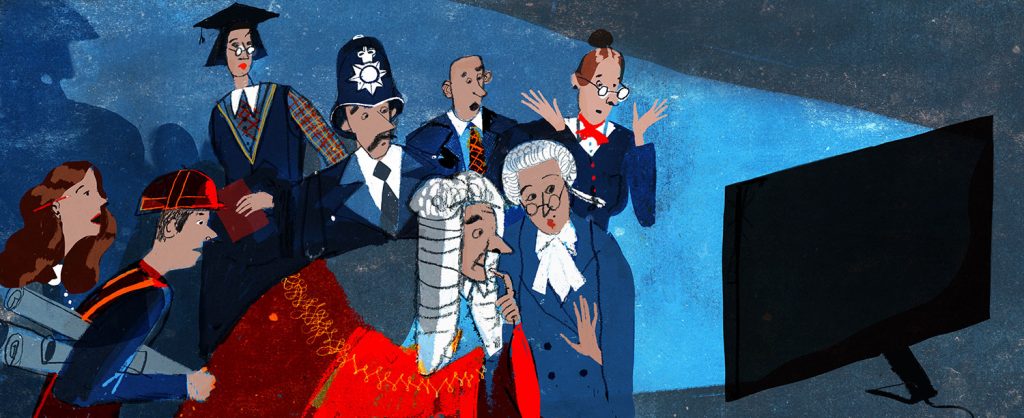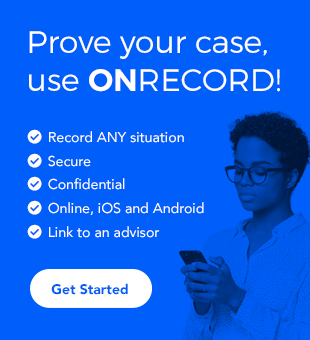Have you been advised to keep records? If so, do you do it?
If you’ve got an ongoing problem and have asked for help, perhaps from a lawyer, or a doctor or maybe from a counsellor or an adviser, you will probably have been advised to keep a record. Do you wonder why you’ve been asked to do that? Do you actually do it or are you like so many people - inclined to put it off. You may say to yourself that, after all, you have another appointment, and surely you’ll be able to tell them then if anything has happened. In any case, you’ve already told them about the problem so it’s just going to be more of the same. And also, it’s boring making notes and keeping records. For you, you’ve already experienced the event once which was bad enough. The last thing you want, especially if it was a nasty experience, is to have to spend even more time writing about it and reliving it.
Here’s why you should keep records…
But there’s a reason why keeping records is what every professional does. Doctors write medical records, noting everything you tell them and everything they tell you and do to you. Lawyers write a detailed note of every meeting they have with you. The police have their notebooks. Delivery drivers make a record and take a photo showing they delivered to your house. The guy who fixes your car takes photos before and after and makes a note of what he’s done. Everyone keeps a record and they do it because it’s the evidence to prove what happened. They don’t just do it when things go wrong - they do it all the time, as a routine. It is a basic discipline. And you should do it too if you take yourself and your problem seriously.
It’s the key evidence you need to protect yourself
Whenever a professional is under investigation, for example if someone makes an allegation or complaint, their records are the key evidence to either prove or disprove the case. Every doctor is taught that the medical records they write are crucial if they are to prove and defend their actions. The same goes for every lawyer and every policeman. The detail they will have recorded is essentially - when, where, who, what happened, with what result. Without their notes they cannot defend their actions. If their notes are not detailed enough, they cannot defend themselves properly. They have to spend the time, as soon as possible after every encounter (because the longer you leave it, the poorer your memory and the less other people will trust your account) writing down what happened. It’s a chore but the record they write will be their only evidence of what happened. It’s no good a doctor or a policeman turning up at a tribunal or court in the hope that they can just say what happened. Without a written record, made at the time, it’s no good as evidence. It’s even better if there is some other supporting evidence to go with it. Without a written record, it just becomes their word against the other person’s and a lottery as to who will be believed. Worse, the fact that they didn’t keep records will make them look suspect and unreliable.
How my written records saved my career
This issue or record keeping became a very big deal for me when, as a practising doctor, I had false allegations made against me. I could prove that I had not done anything wrong because of the detail of my notes and other written records. My written records were key to proving that the people making the false allegations were lying. They proved that what had taken place in the Family Court, which had encouraged the allegations, had been corrupt and mishandled. No amount of me insisting that I had done nothing wrong would have helped me without the written records.
Keep records the easy way
So, take the record keeping seriously. Use ONRECORD to help you gather evidence because it’s designed for the purpose and it’s the only software in existence which does it as well as this. We have made it simple to:
- Choose headings for your records,
- Make your written notes,
- Show where and when things happened,
- Attach the supporting evidence such as photos or screenshots,
- Automatically sort it by date and time,
- Download a chronology report.
The chronology shows what happened over a period of time and you can even use it in Court.
Have you been advised to keep a record? Do it well and make your case.
George Hibbert
Founder ONRECORD


